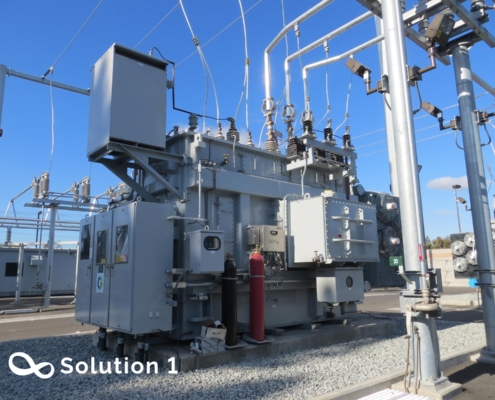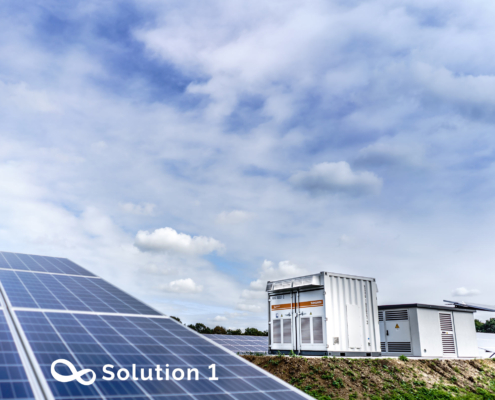
Understanding the behavior of drivers during certain events on the road is important to reduce the accident rate and improve traffic congestion.
Nowadays, several technologies are able to detect driver fatigue and have the potential to dramatically reduce the likelihood of accidents occurring.

Personality traits and the level of driving risk taken by drivers during a trip.
Human factors have been estimated to be the sole or leading causal factor in approximately 90% of road traffic accidents.

ADAS technologies are reliant on vehicle-fitted sensors collecting and interpreting the correct information from the driving and road environment in order to function properly.
The rapid growth of transportation needs, for both people and goods, as well as the evolution of Information...

Motor vehicle crashes remain a persistent threat to public safety.
As society develops, the number of vehicles on the road increases and the driving environment becomes increasingly complex.

ADAS effectively improved drivers’ behavior on-road and helped reduce crashes.
In the United States, older driver over-involvement in crashes is getting worse in terms of driver fatalities.

Advanced Driver Assistance Systems is referred to as vehicle-based intelligent safety systems.
Smart mobility is an emerging concept, which will become increasingly relevant in the coming years, smart mobility concerns both the transport of goods and people...

The peak load poses a threat to grid reliability.
Several microgrids, particularly those in isolated operations, have a lot of volatility in demand across time, which causes peaks in load profile.

The battery energy storage system decreases the impact of peak demand on microgrid assets and allows them to be utilized for extended periods.
Rural electrification is a critical issue around the world. It is widely acknowledged that distributing electrical power...

Modern smart battery energy storage systems can support grid frequency regulation.
Smart battery energy storage systems would lead to economic benefits to both homes and companies by enabling cost savings achieved through storage of power purchased off-peak...

Europe and Asia are improving the electrical grid and buffer capacities.
Nowadays, the awareness of self-sustainability and energy supply resilience is increasing, especially in Europe and Asia, which are highly dependent on imported energy, causing a socioeconomic and political vulnerability.

